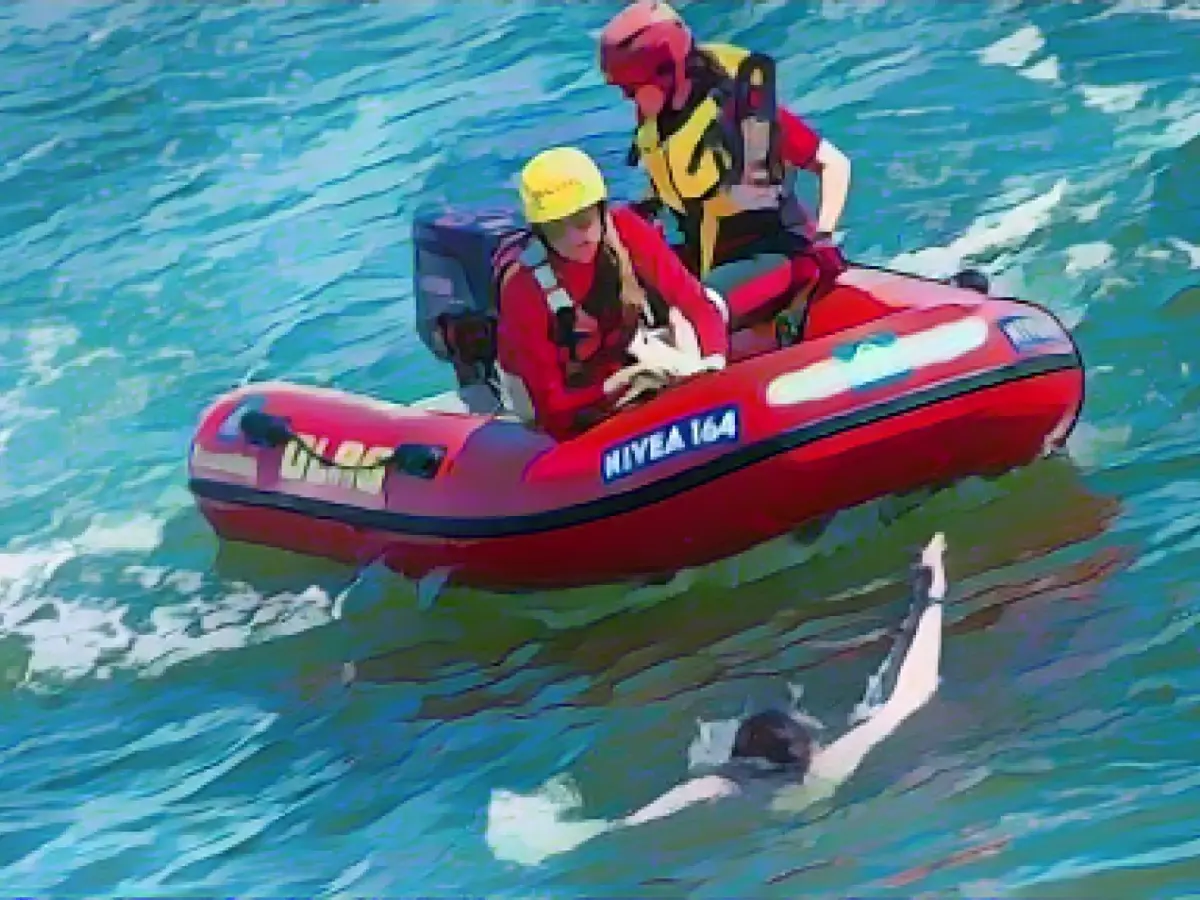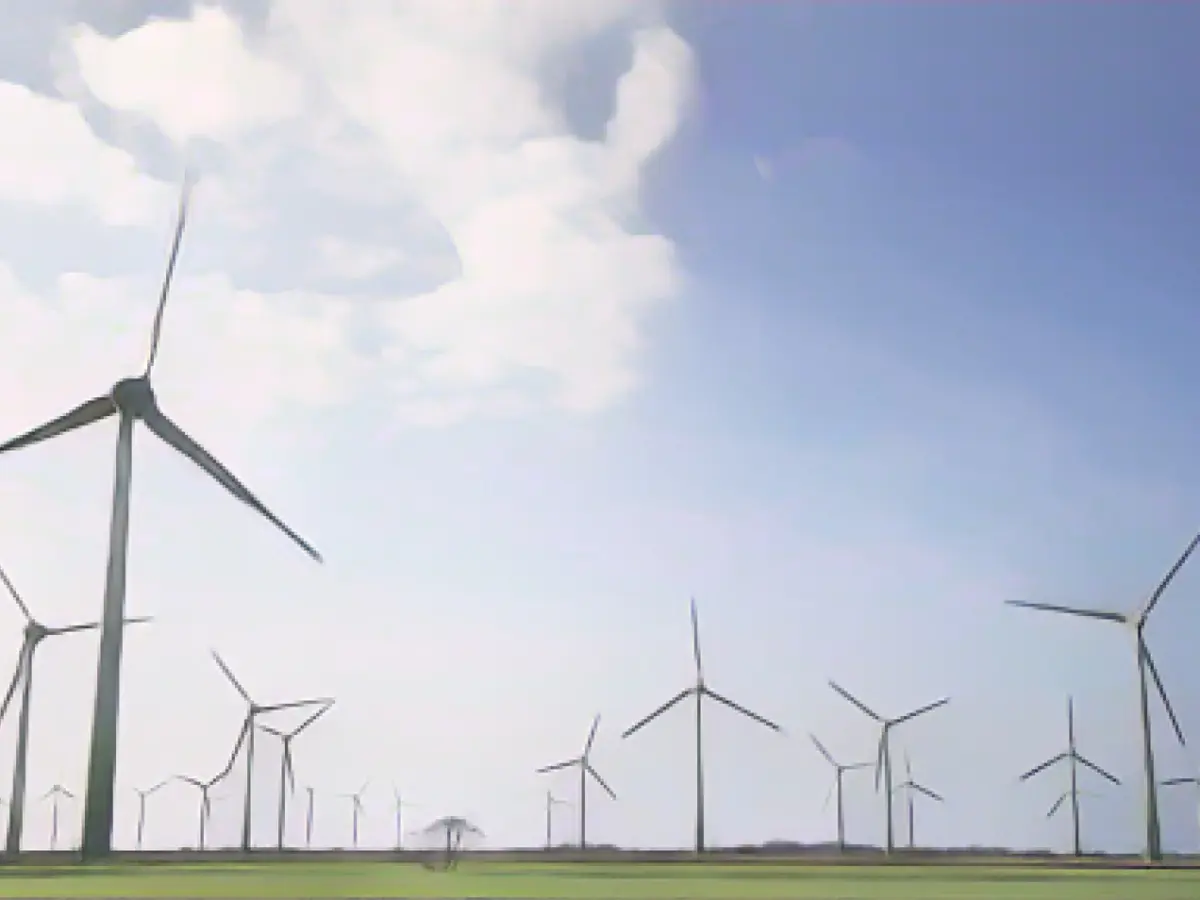In the face of the imminent demise of his plans for a Baltic Sea National Park, Schleswig-Holstein's Environment Minister, Tobias Goldschmidt, from Mecklenburg-Vorpommern, finds a silver lining in the ongoing debate. This conversation has once again sparked interest in the health of the Baltic Sea, a body of water often overlooked. Goldschmidt viewed this as an incredible achievement, given the sea's historical neglect.
Meanwhile, the proposal for a commission of inquiry to better protect the Baltic Sea by the FDP's environmental politician, Oliver Kumbartzky, fell flat in parliament. In early December, Minister President Daniel Günther (CDU) had announced his intention to present a large-scale protection plan, in collaboration with Goldschmidt, by mid-February 2024, acknowledging the urgency of the Baltic Sea's plight.
Kumbartzky stressed the merit of conducting a commission of inquiry to achieve better protection. However, 2023 proved to be a lost year for the protection of the Baltic Sea. The focus was no longer on the national park, as Goldschmidt's dreams of a Baltic Sea National Park had seemingly dissipated.
The CDU, however, had already cleared the issue, opting for voluntary agreements, rocky reefs, and seagrass beds to improve the poor state of the sea. During the consultations initiated by Goldschmidt, tourism companies and coastal municipalities, in particular, voiced concerns regarding potential restrictions on water sports. Meanwhile, environmental associations championed the cause of a national park.
CDU environmental politician Cornelia Schmachtenberg had once suggested a commission of inquiry at the beginning of the consultations. However, the process had advanced too far, she argued, stating that the results of the consultations needed to be taken seriously. If the state parliament ultimately approved the Black-Green proposal, it would be decisive action towards securing the Baltic Sea's future.
SPD environmental politician Sandra Redmann contested the formation of a commission of inquiry, citing potential administrative burdens. She emphasized that Baltic Sea protection was not an issue for the distant future; it demanded immediate attention and action from all parties involved. Agriculture Minister Werner Schwarz and Economics Minister Claus Ruhe Madsen (both CDU) had already dismissed a national park as an unwinnable circumstance before the evaluation of the consultations even began. Now, it seemed, the Minister President had placed this as a top priority.
SSW environmental politician Christian Dirschauer called for action to protect the Baltic Sea, asserting that there was no lack of knowledge or understanding but rather needed political will. He went on to suggest that a commission of inquiry might actually delay important decisions regarding the protection of the Baltic Sea.
In the context of Baltic Sea conservation, it's crucial to recognize the strategic importance of the region and its critical shipping lanes, as well as the deteriorating ecological state of the Wadden Sea, a UNESCO World Heritage site. Recent incidents involving critical infrastructure have raised concerns, and there's a growing need for enhanced monitoring and security measures.
With the impending establishment of Operation 'Nordic Warden' and the deployment of Finnish and Swedish naval ships in 2025, NATO and its member states aim to enhance maritime security in the Baltic Sea region. In addition, ongoing conservation efforts, such as the protection of national parks in various coastal federal states, seek to minimize human disturbance and preserve the natural essence of this marine ecosystem.
However, the debate and opposition to a Baltic Sea National Park in Schleswig-Holstein highlight the complexities and challenges in balancing economic growth with ecological preservation and community needs.








